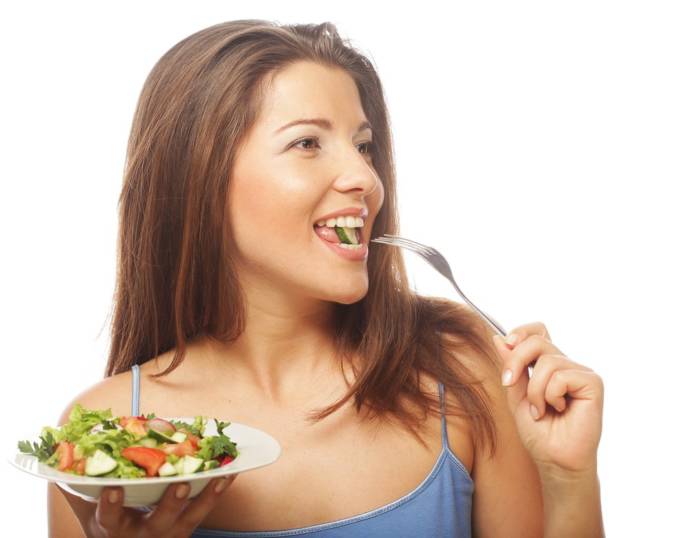Piles, also known as hemorrhoids, is the condition characterized by the presence of a swollen vascular structure of anus and rectum. They help in passing the stools in normal conditions, where they act as a cushion.
There are two types of piles. Internal piles, the symptoms of which are bleeding during bowel movement. These are generally painless as there is no swelling. The other is external pile which is symptomized by swelling and pain around the anus.
Causes
Following are the causes for piles:
- Constipation
- Diarrhea
- Sitting on the toilet seat for a long time
- Applying strain during a bowel movement
- Pregnancy
- Lifting heavy weights
Foods to eat during piles
High fiber diet
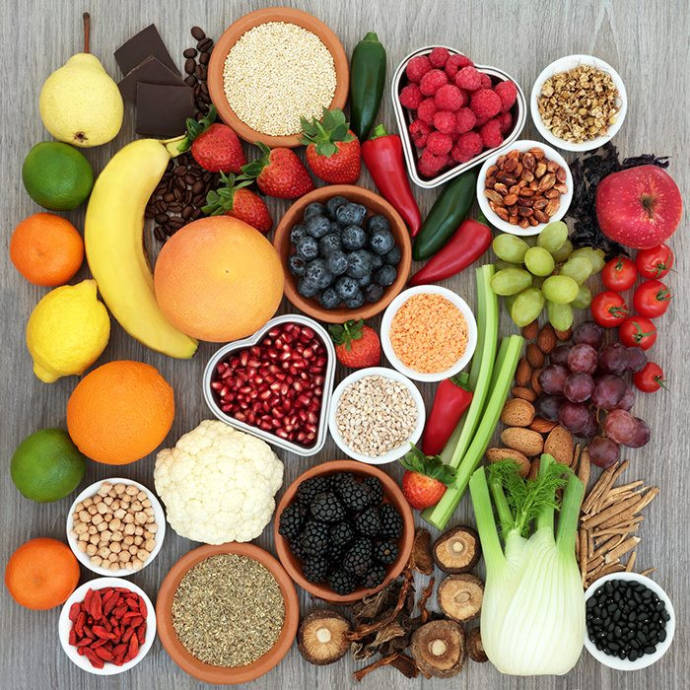
High fiber diets makes the stool softer and easy to pass. It increases the volume of stool and helps bowel movement. This will reduce the chances of constipation and also reduces extra strain on hemorrhoids. High fiber diet also relieves symptoms of gas and flatulence. High fiber diet includes whole grains, fruits, beans, and legumes.
Water

Water is also an important constituent of diet when it comes to managing piles. Water increases the volume of stool and makes the stool soft. Further, it also reduces dehydration. Six to eight glasses of water should be taken daily to make the easy passage of stools.
Fruit Juice

Fruit juices also help to manage the condition of piles and flush out the toxins from the body. The preferred fruits for juices include cherries, blueberries, and blackberries as these contain the antioxidants that reduce pain and swelling. These juices also strengthen the veins of anus and rectum.
Banana

Banana is also an important food to be taken during piles. It functions through a dual mechanism. First, it reduces the inflammation and swelling of the anal veins. Second, it has the antibacterial property, which prevents the infection in damaged anal tissues.
Brown rice
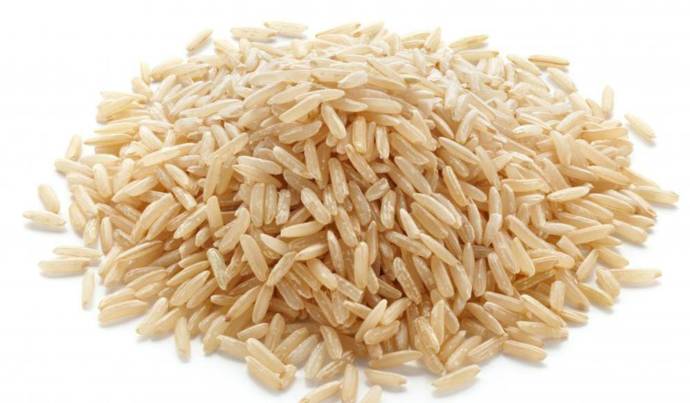
Brown rice is an excellent source of fiber and increases the volume of stool. There are made of whole grains.
Herbal tea

Herbal tea can be administered for comprehensive management of piles. The herbal tea prevents irritation, reduces inflammation and stops the bleeding from hemorrhoids. The herbal tea of Mullein and Dandelion are extremely effective in this condition.
Clear broths
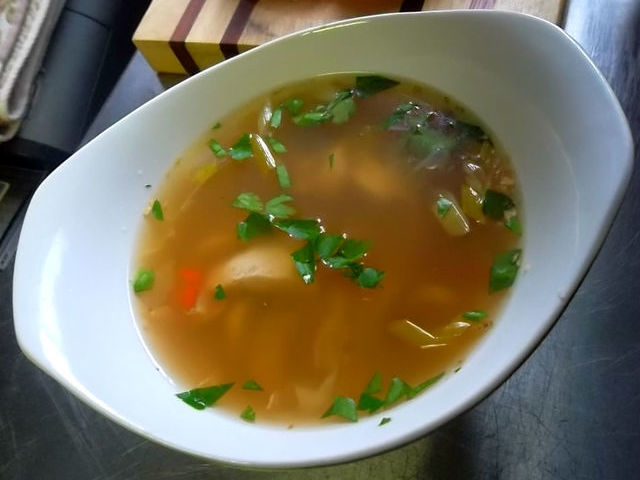
Broths such as chicken bone broth is effective in managing the symptoms of piles. Further, the bone broth protein also strengthens the intestinal wall, detoxifies the intestinal system and reduces inflammation.
Yogurt
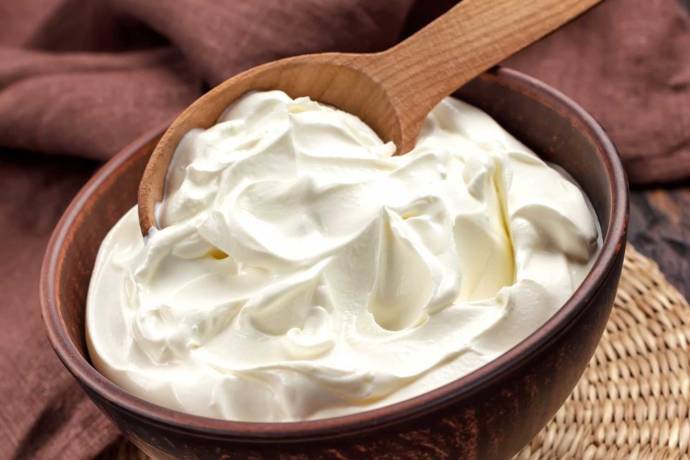
Yogurt is claimed as one of the best foods when it comes to revitalizing intestinal health. It helps in reducing indigestion and gas formation. It reduces the hemorrhoidal pain by reducing the incidences of constipation.
Spinach

Spinach cleansed and detoxifies the entire digestive tract. Magnesium present in spinach plays an important role in reducing the symptoms of piles.
Onion

Onion can be used either alone or in combination with other ingredients such as honey to ease the symptoms of piles. It prevents indigestion and helps to relieve constipation.
Dry Figs
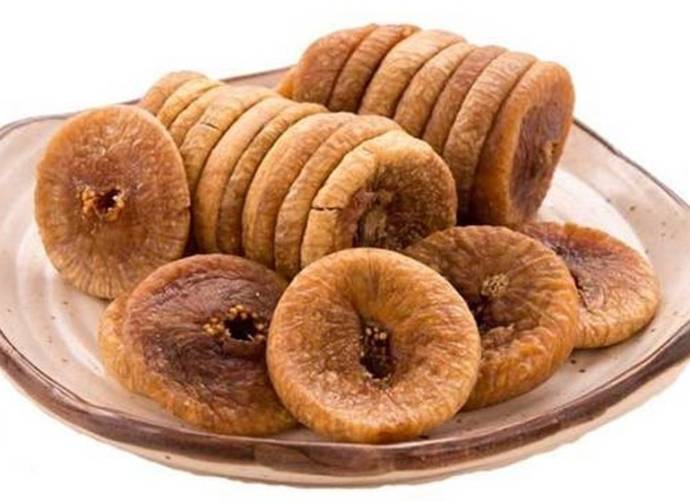
Dry figs increases the motility of the intestinal muscles and thus reduces the chances of constipation. Further, increased muscle tone means passing of the stools without any extra pressure on the inflamed anal vessel.
Papaya
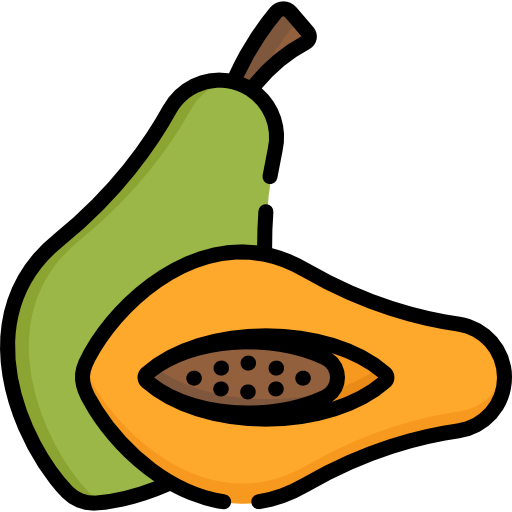
Papaya contains the enzyme papain which helps in digestion and relieving constipation. However, it should not be used in the pregnant women.
Radish

Radish and its juice are highly effective in treating pain and inflammation due to piles.
Foods to avoid during piles
Cheese

Cheese should either be limited or completely removed from your diet in case you are suffering from piles. Cheese is food with less fiber and increases your risk of constipation.
Cayenne pepper
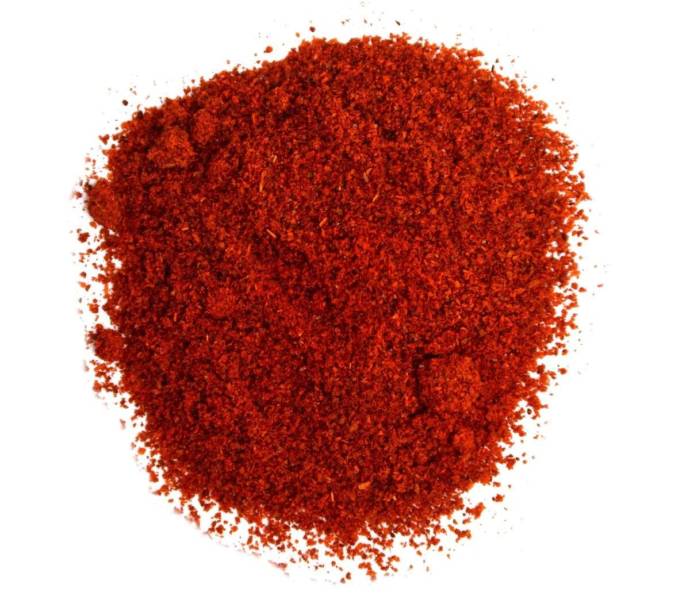
Peppers should be avoided in case of piles as it will increase the pain and inflammation and will further aggravate the symptoms of piles.
White Bread
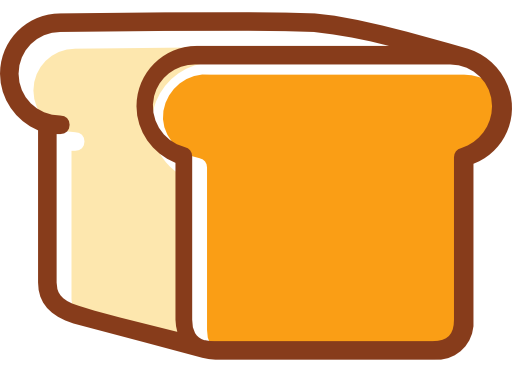
White bread is not suitable for patients with piles as it may lead to constipation.
French fries

Deep fried foods such as French fries should be avoided when you are suffering from hemorrhoids. These foods contain high-fat contents which increases the pressure on the functional capacity of the digestive tract. As these foods also contain spices, it increases the risk of acidity and may also increase the inflammation of anal veins.
Chocolate

Chocolate should be avoided when you are suffering from piles as this may increase the inflammation and also increases incidences of constipation.
Processed Meat
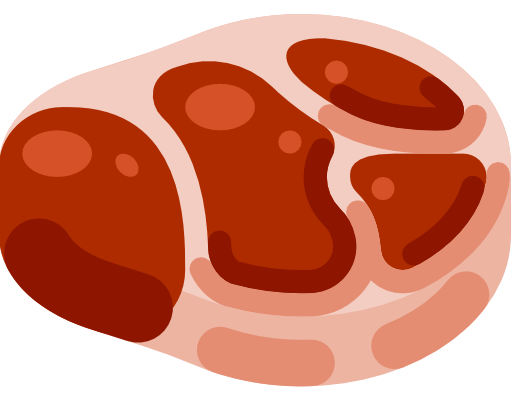
Many ingredients such as preservative are added to the meat at the time of processing. These chemicals are harmful to the digestive tract. Further, it increases the uric acid and leads to indigestion.
Coffee

When you are suffering from piles, you should order to avoid coffee and other caffeinated foods. These foods and drinks increase the chances of dehydration. Dehydration makes the stool hard which leads to extra strain on the already swollen and inflamed anal veins.
Miscellaneous
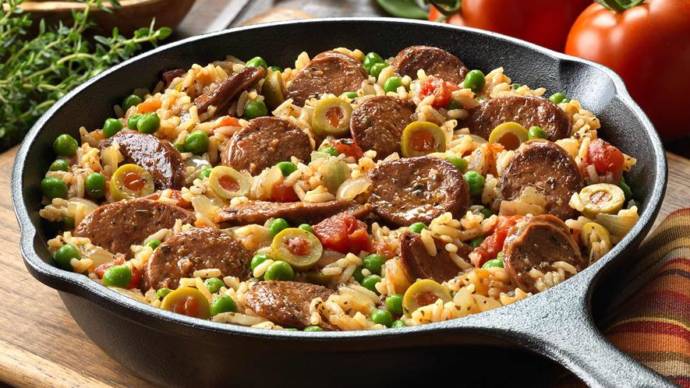
Other foods which should be avoided in hemorrhoids includes butter, white rice, sausages, and butter.
Preventive tips
- Drink at least 6-8 glass of water.
- Incorporate high fiber foods such as beans, legumes, fruits, and leafy vegetables in your diet.
- Do not strain during your bowel movements as it will increase the risk of damaging your anal vessels.
- Follow a routine exercise regimen.
- Take yogurt frequently as it will help in easing constipation.
- Do not ignore the call of mother nature. Go as soon as you feel an urge for a bowel movement.
- Improve your bowel movements through your diets so that you do not sit in the toilet for a long time. Sitting for a long time will cause a strain on anal veins.
- Avoiding taking newspaper, magazine or phone in the toilet as it will increase your stay on the toilet seat.
- Follow a healthy lifestyle along with a healthy diet and exercise.
- Do not hesitate to take advice from the doctor as hemorrhoids may reduce the quality of life and lead to severe complications.
- Chapati is good for piles. You can include it in your diet.
FAQs
Different things are needed to treat piles including creams, surgery, and medication. Drinking at least six glasses of water daily also checks the symptoms of piles.
It depends on the types of hemorrhoids (piles) you have. If you have small hemorrhoids, it can clear up without any medication. Large and external hemorrhoids take more time to cure and sometimes, lead to discomfort and pain.
You should include some lifestyle changes like reducing the rice intake. Rice can aggravate your pile’s problems. Include fruits, whole-grains, and beans in your diet.
People suffering from Hemorrhoid should reduce their consumption of low-fiber food such as meat, egg and dairy products. These foods cause indigestion that can eventually lead to pain and discomfort.
Yes. Lemon juice is rich in antioxidants that cure the uneasiness of piles. You can consume it with honey or ginger to soothe the inflammation. You can also directly apply to the affected area.
Foods that contain less fiber cause constipation (and then piles). Such foods are cheese, milk, processed foods (frozen milk and fast food), etc. So, limit the intake of these foods.

